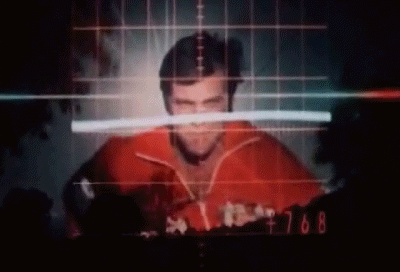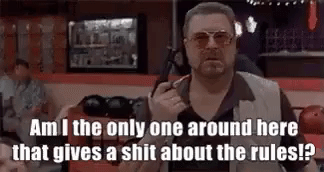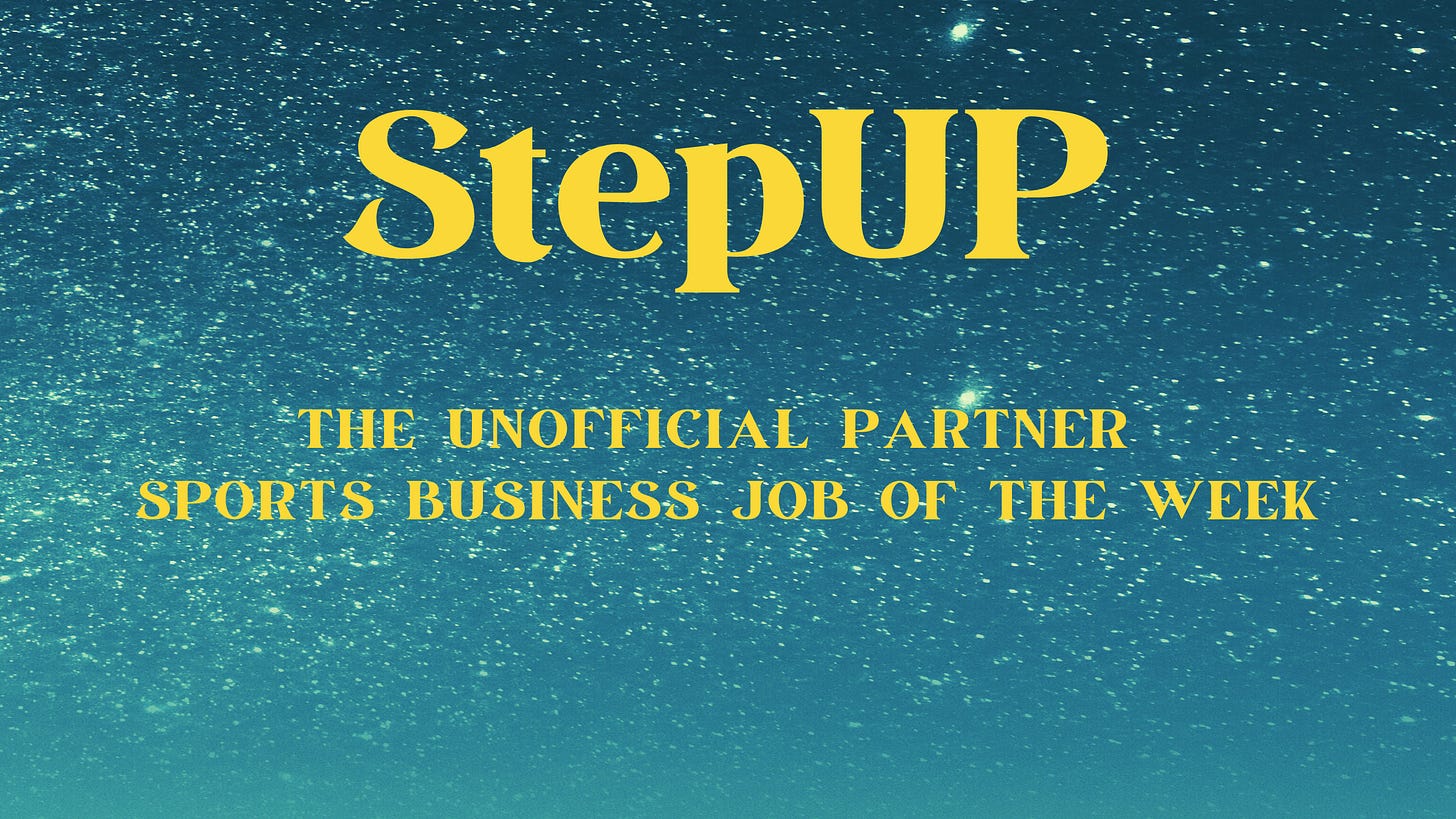'Ow much? Fun with media inflation; Motorway v Guinness for Six Nations; Cigarettes and chocolate milk (HFSS); Boundary rules v Mission statements; UEFA's 32 team Euro snoozefest
The £6billion questions posed by an overheating ad market
Riddle me this.
More money is being spent on linear TV advertising in the UK than ever before.
Despite fewer people watching linear TV than ever before.
Six billion pounds is the current value of the TV media market in the UK. An unprecedented high.
An almost 100% increase in TV media inflation is forecast from 2020 (£5.36) to 2025 (£10.47), according to Omnicom’s latest media research work, discussed on next week’s podcast with Alex Charkham of Fuse and Bhavin Balvantrai, OMG’s chief market analyst.
What’s happening?
Longer term trends are colliding with short term effects.
There’s a ‘back to school’ element to some of the spending as fast food and other categories reach out to their audiences post-pandemic.
Underpinning the research is the blurring of what ‘broadcast’ really means in 2022, as many of us sit and watch VOD on our big screen telly: Are we digital viewers or a linear TV audience?
So what?
This gets to the relationship between media spend and sport sponsorship.
Let’s use rugby to take the macro back to sport.
Motorway is the ITV sponsor of the Guinness Six Nations.
Motorway won the rights via sealed bid auction, paying 2 or 3 times asking price.
But you’d have to be the most one eyed sports marketing fantasist to attribute that sort of inflation to a sudden rise in the popularity of rugby.
Think back a couple of years when the Six Nations title sponsorship was pitched to - and rejected by - every brand in town, before Guinness came in at a knock down price. Similarly, the F1 broadcast partnership on Sky Sports took a surprisingly long time to sell.
A more plausible explanation is that Motorway is a new brand buying appointment to view telly that delivers a guaranteed audience. I'm betting their consideration set wasn’t other sports properties but the big entertainment show partnerships, such as Britain’s Got Talent and the Bake-Off.
There is some good news in the data for sports rights holders, albeit with caveats.
Well…hello there
Motorway is one of 300 new brands to have entered the media market in the last year, defined as brands that have never advertised on TV before.
These 300 brands are prime targets for every sponsorship sales house in the country, who will see their sudden appearance on TV as a signal that they could be persuaded in to sport too.
Some of them are already there - think Cazoo, Cinch and Getir.
But there’s always a but.
In many cases, sport isn’t selling what these new brands want to buy.
If you view the blurring of TV and digital as the big takeout, then sport can still look very analogue in its offer.
Our previous Fuse podcast highlighted this problem (see UP173), suggesting that the sponsorship sales decks of many rights holders show around 20% of inventory that could be put under the heading of ‘digital’. Meanwhile, digital accounts for nearly 60% of media spend overall (again, with the above caveat that everything is digital).
The new 300 don’t want what their predecessors bought.
Alex Charkham: We've seen an influx in the last couple of years in particular, such as online grocery brands growing at a fast rate, and the rights holders are going to have to adjust to that because I think for quite a long time, we've been used to the traditional categories of automotive, financial services, airlines, whatever it might be. Whereas these guys are demanding very, very different things. They're demanding lots of short-term stuff. They're demanding content, they're demanding flexibility. They're not as interested perhaps in some of the more traditional inventory such as LED boards, because these are digital businesses. So customer acquisition is massive for them. How can they tap into a rights holder ecosystem? Data enters the equation as well?
How to navigate volatility?
The changing nature of the media environment puts a premium on good strategy.
For example, deal term lengths.
If media inflation is running at high double digits for the next five years, one mitigation would be for brands to buy long deals that see out the volatility.
From the rights holders perspective, shorter deals could work better, giving them the ability to hike prices to match those in the TV space.
Becoming our children
One other nugget from the Omnicom work.
We often ask, will Gen Z grow in to watching TV.
It’s becoming clear that this gets things the wrong way around.
TikTok, grey YouTube viewing…the consumption habits of older people seem to mirroring those of younger demographics. We’re all moving to the middle.
Is The Hundred a brand or product platform?
Synonymity is the word of late 2022.
The government’s HFSS regulation is set to come in at the end of 2022.
The likely measures include a watershed ban on linear TV & BVOD pre 9pm, and a total ban on paid HFSS advertising online.
The key bit: there are likely to be exemptions to the ban, depending on whether the ads are promoting specific products or the brand more broadly.
Is the brand being advertised synonymous with the bad stuff.
Example: McDonald’s sell water and carrots, and more than 50% of their portfolio is non-HFSS. So is the appearance of the McDonald’s logo synonymous with chips and burgers, or salad? Note: punters don’t have to buy them, its enough that they are being offered.
Likewise, Getir and Deliveroo bring HFSS to my door. Where does they fit?
It’s not clear whether the brand v product rule will extend to sport sponsorship. This matters because sport stands to benefit from the transference of category specific money when it leaves TV.
Either way, defining what is and what isn’t being sold on the shirts of The Hundred franchises will keep lawyers busy, so that’s nice.
Boundary rules v Mission statements
A build on last week’s point that the almost limitless nature of FIFA and IOC mission statements.
Compare these vague aspirations to the boundary rules of film company Miramax, used to guide which films to invest in:
Every movie must revolve around a central human condition, such as love (The Crying Game) or envy (The Talented Mr. Ripley).
A movie’s main character must be appealing but deeply flawed—the hero of Shakespeare in Love is gifted and charming but steals ideas from friends and betrays his wife.
Movies must have a very clear story line with a beginning, middle, and end (although in Pulp Fiction the end comes first).
There is a firm cap on production costs.
Within the rules, there is flexibility to move quickly when a writer or director shows up with a great script.'
From: Strategy as simple rules https://hbr.org/2001/01/strategy-as-simple-rules
Breaking: Many sports marketers don’t like sport
An absurd generalisation, but bear with me.
For a decade or more it’s been unfashionable for people working in sports marketing - in-house and at agencies - to be sports fans.
This is a consequence of professionalisation (UP224).
Often I hear recruiters saying: ‘We don’t need more sports lovers, we need professional marketers and data experts’.
This sounds logical and grown up: A dispassionate, rational approach to sports marketing can be a useful counter to enthusiasm, which can colour judgement and is deeply unhip.
But without deep knowledge and - whisper it - love for sport, you quickly lose the point of difference between football, golf, rugby, cricket, tennis and banks, mobile phones or fizzy drinks.
They’re all just a commodity to be sold. Which is a bit depressing.
Boredom foretold: A 32 team Euros
Mike Keegan’s scoop on UEFA’s plan to expand the number of teams in the Euros was widely discussed on the WhatsUP Group.
Omar Chaudhuri (UP181 The Business of Jeopardy) ran it through Twenty First Group’s format model.
The impact on the quality of the tournament:
16-team Euro: average team would be about Arsenal's quality
24-team Euro: Aston Villa
32-team Euro: Everton (or a bit lower)
And this is how the level of jeopardy would be impacted by expansion:
Difference in quality between best and worst team
16-team Euro: equivalent of Liverpool vs Brentford
24-team Euro: Liverpool vs Watford
32-team Euro: Liverpool vs Coventry City
Omar Chaudhuri: The main improvement in European countries in the last 20 years has been from countries ranked 40+, rather than those ranked 16-32, so it's difficult to justify moving to 32 teams on the basis that European football now has more strength in depth at this level - you could have played Euro 2000 with 32 teams and it'd look very similar in terms of quality/jeopardy to a tournament played today (or in 2028).
See also: from our mates at Storythings.
Communications Manager - Redtorch
Blurb: We’re after a Communications Manager to join our experienced and friendly team of sport-obsessed data fanatics, strategic thinkers and creative communicators.
You’ll need a passion (obsession) for sport, a love of all things communications (website, social media, email, b2b events, business cards (yes, we still use them) etc, and a talent for Table Tennis.*
The agency world is a cluttered place so, in short: we want to shout (in the right way) from the rooftops about all things Redtorch: our people, our work, our culture.
*Table Tennis talent is not a prerequisite.
Link to the job here: https://redtorch.sport/editors-picks/were-hiring-2/
Big Cat, Cash Cow
Tim Finchem was stint as PGA Tour Commissioner coincided with the career of Tiger Woods. The headline on the PGA Tour’s own site suggests they were joint architects of American golf’s boom during that period…maybe.












